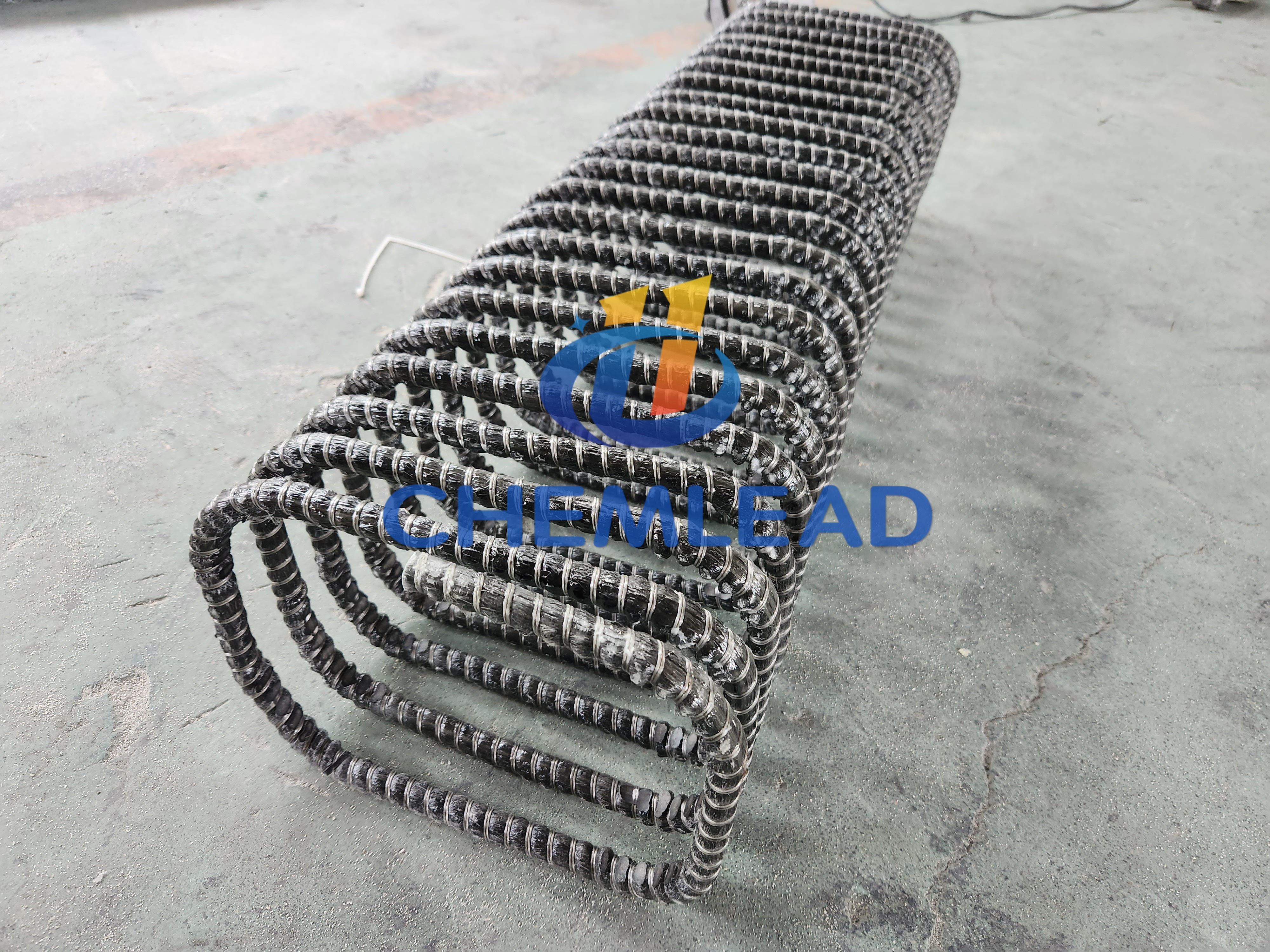NEWS
The main products are glass fiber reinforced bars, glass fiber reinforced plastic anchors and various fiber reinforced composite profiles
Why Fiberglass Spiral Stirrups Are Revolutionizing Concrete Reinforcement
Release Time:
2025-06-06 00:00
Source:

In modern construction, material innovation plays a critical role in improving durability, reducing maintenance costs, and enhancing performance. One such innovation gaining widespread attention is the use of fiberglass spiral stirrups in reinforced concrete applications. As a lightweight, corrosion-resistant alternative to steel, fiberglass stirrups are changing the way engineers and builders approach reinforcement in precast and cast-in-place structures.
💡 What Are Fiberglass Spiral Stirrups?
Fiberglass spiral stirrups, also known as FRP (fiber-reinforced polymer) spiral ties, are circular or helical elements used to confine and reinforce concrete columns, beams, and footings. Traditionally made from steel, stirrups play a vital role in resisting shear forces and enhancing the ductility of concrete members. However, steel stirrups are prone to corrosion — especially in marine, coastal, or chemically aggressive environments.
Fiberglass stirrups solve this problem with unmatched durability and resistance to environmental degradation.
🔍 Key Benefits of Fiberglass Spiral Stirrups
✅ Corrosion Resistance
Unlike steel, fiberglass is immune to rust, making it ideal for applications where moisture, salt, or chemicals are present. This significantly increases the lifespan of the structure and reduces long-term maintenance costs.
✅ Lightweight & Easy to Handle
Fiberglass stirrups are four to five times lighter than steel. This makes them easier to transport, cut, and install, reducing labor costs and improving safety on construction sites.
✅ High Tensile Strength
Despite being lightweight, fiberglass spiral stirrups provide excellent tensile strength, making them suitable for structural reinforcement in seismic zones or heavy-load applications.
✅ Non-Magnetic & Non-Conductive
FRP stirrups do not interfere with electromagnetic fields or radio signals. They’re also non-conductive, making them ideal for use near sensitive equipment or electrical infrastructure.
✅ Thermal & Chemical Stability
Fiberglass resists thermal cycling and chemical attack, outperforming steel in environments such as wastewater treatment plants, chemical storage areas, and coastal infrastructure.
🏗️ Where Are Fiberglass Spiral Stirrups Used?
-
Precast concrete columns and beams
-
Foundations and footings
-
Bridge piers and decks
-
Marine structures and coastal buildings
-
Tunnels and underground works
-
Corrosive environments (chemical plants, saltwater exposure)
🌍 Eco-Friendly and Cost-Effective
Using fiberglass spiral stirrups contributes to sustainable construction by reducing the need for frequent repairs and replacements. With less corrosion, structures last longer, resulting in lower environmental impact over their lifecycle.





